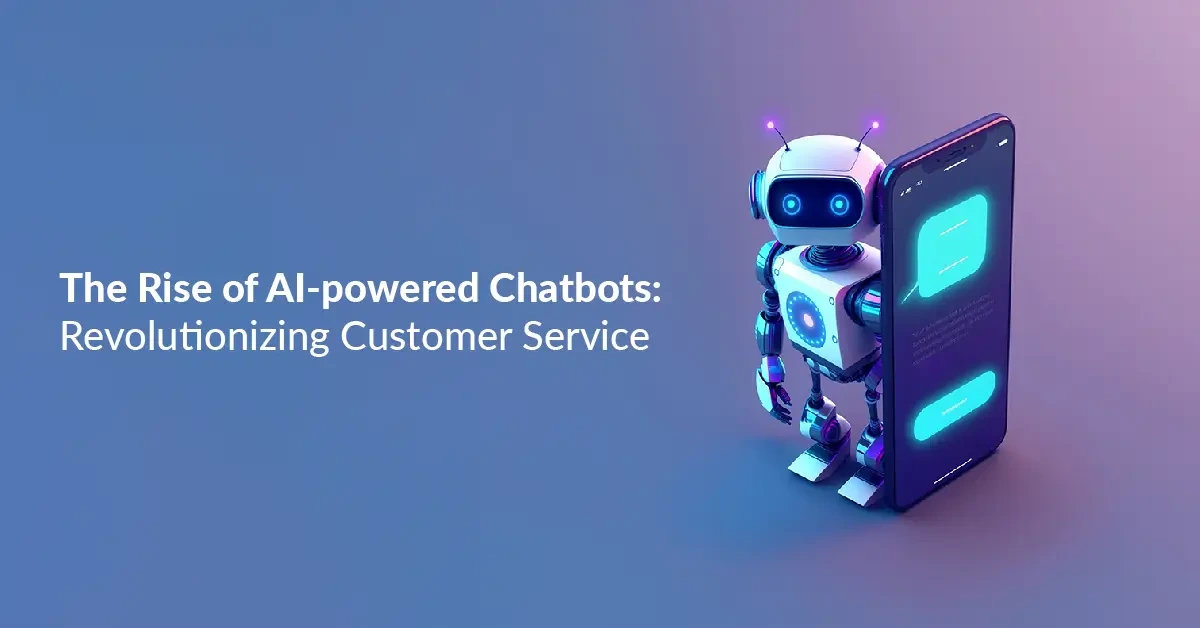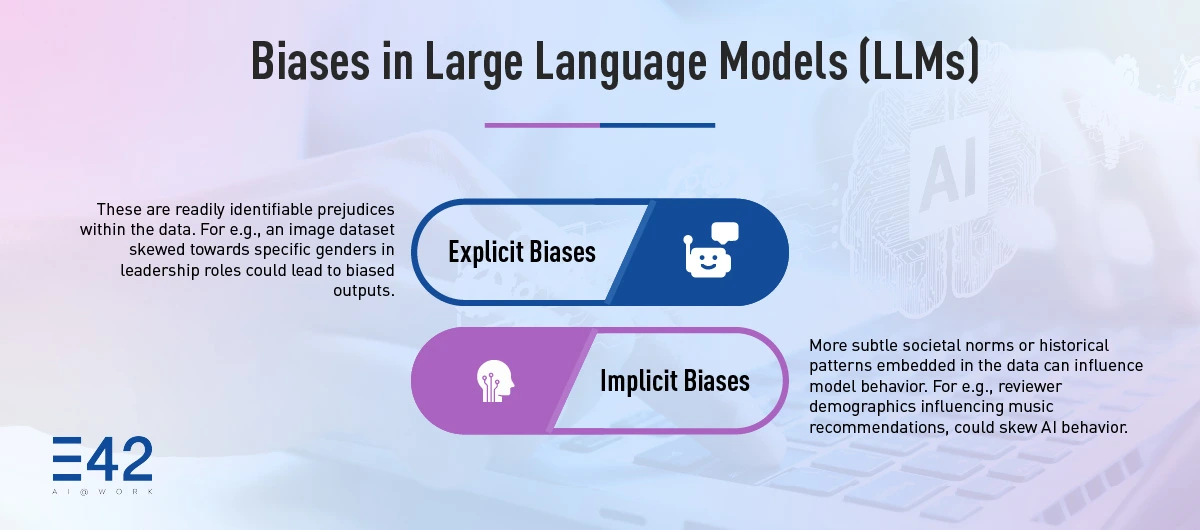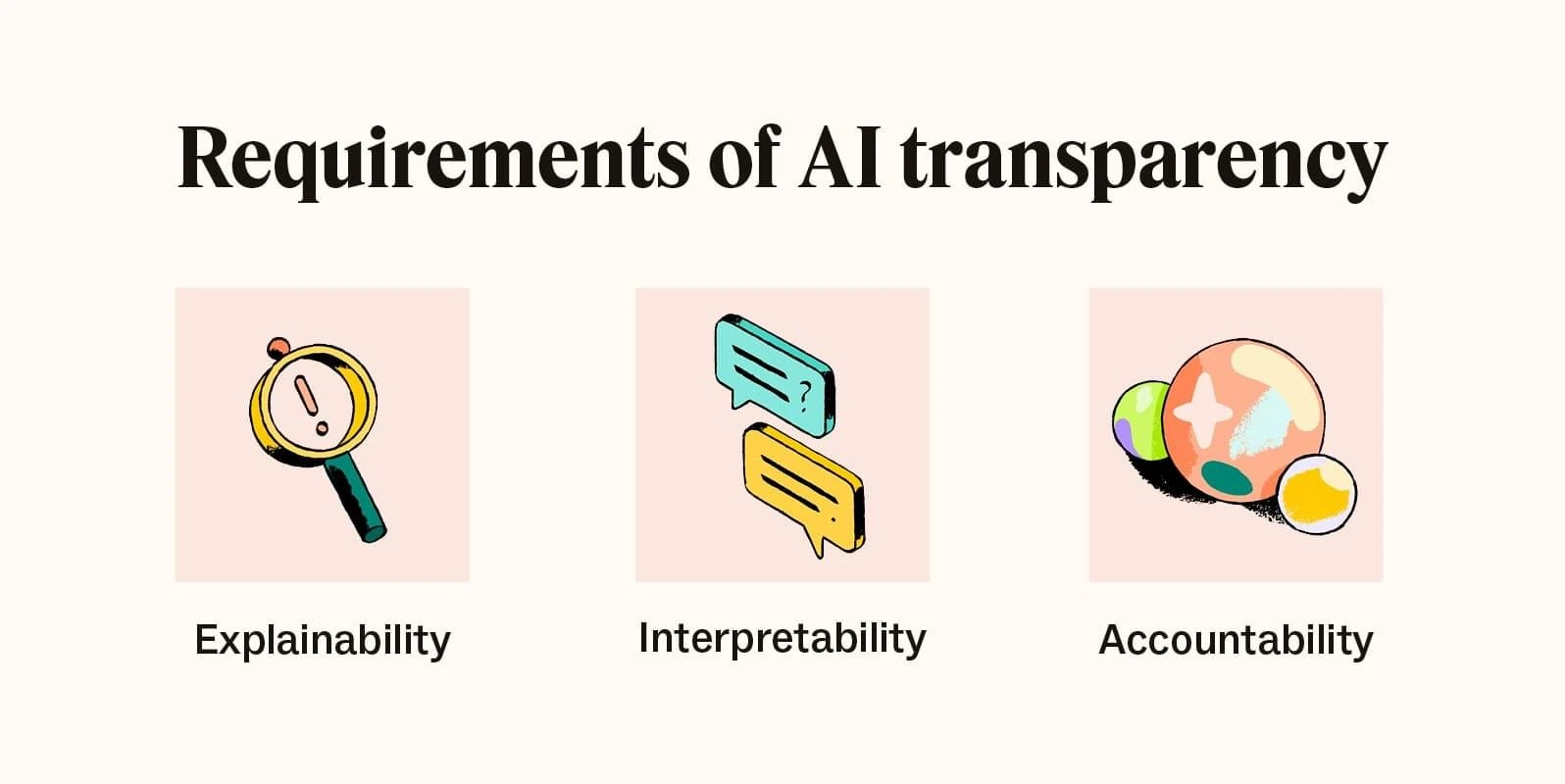Artificial Intelligence (AI) has been a buzzword for years, but what’s fueling its rapid growth? The answer lies in funding. As companies and investors pour billions into AI innovations, new trends are shaping the future of this transformative industry. But why are these funding shifts happening, and what do they mean for startups, established tech giants, and society at large? Let's dive deeper.
The Evolution of AI Investment
AI funding has come a long way. In the early days, the focus was primarily on academic research and theoretical advancements. Today, the landscape looks different. Venture capitalists (VCs), government grants, and corporate investments are directing their resources into practical applications of AI across sectors.
A Look at the Numbers
- 2020–2023: Global AI investment exceeded $250 billion, with a compound annual growth rate (CAGR) of over 40%.
- 2024 Projections: Investment is expected to surpass $100 billion annually.
These numbers aren’t just statistics; they reflect the increasing trust in AI's potential to revolutionize industries.
Emerging Trends in AI Funding
Rise of AI Startups
Startups are becoming the heart of AI innovation. Venture capitalists are particularly interested in startups solving real-world problems, from healthcare diagnostics to renewable energy optimization.
- Healthcare AI: Startups focused on medical imaging and predictive analytics saw a 50% rise in funding in 2023.
- Climate AI: Innovations tackling climate change received unprecedented attention, reflecting a shift toward sustainable tech.
Sector-Specific Investments
Investors are prioritizing AI in niche areas:
- Healthcare: AI tools for diagnostics, drug discovery, and patient care.
- Finance: Fraud detection and robo-advisors.
- Retail: AI-driven personalization and inventory management.
Geographic Shifts
While Silicon Valley remains a hub, countries like China and India are gaining momentum in AI funding. Why? Lower costs and a wealth of engineering talent.
Focus on Ethical AI
With increasing awareness of AI biases and ethical concerns, there’s a trend toward funding projects emphasizing transparency and fairness.
Key Drivers Behind AI Funding Trends
Technological Advancements
Breakthroughs in machine learning, natural language processing (NLP), and generative AI models (think ChatGPT) are making AI more accessible.
Market Demand
Businesses are eager to adopt AI for cost efficiency and better customer experiences.
Government Initiatives
Governments worldwide are offering grants and subsidies to encourage AI innovation, especially in sectors like healthcare and defense.
Public Sentiment and Awareness
Consumers are becoming more aware of AI’s potential, driving demand for user-friendly applications.
Challenges in AI Funding
High Development Costs
AI projects require substantial resources, from data collection to computing power. For startups, this can be a barrier to entry.
Ethical Dilemmas
As funding grows, so does scrutiny. Issues like data privacy, bias, and job displacement are sparking debates among investors.
Competition and Market Saturation
The AI space is crowded. Standing out requires not just innovation but strategic execution.
Success Stories: Lessons from Funded Startups
- Healthcare Example: An AI startup revolutionized cancer detection using image-based diagnostics, attracting $100 million in Series B funding.
- Environment Example: A climate tech company received $50 million to optimize renewable energy grids using AI.
What sets these companies apart? A clear focus, robust data strategies, and scalable solutions.
Predictions for the Future of AI Funding
Increased Cross-Sector Collaborations
Expect more partnerships between AI firms and industries like automotive (autonomous vehicles) and education (AI tutoring platforms).
Decentralized AI Development
Blockchain and decentralized platforms may reduce development costs, attracting smaller investors.
Regulation-Driven Funding
Stricter regulations will steer funding toward ethical and compliant AI systems.
Focus on Generative AI
As generative AI continues to evolve, funding will follow. Think AI-generated content, creative tools, and personalized experiences.








